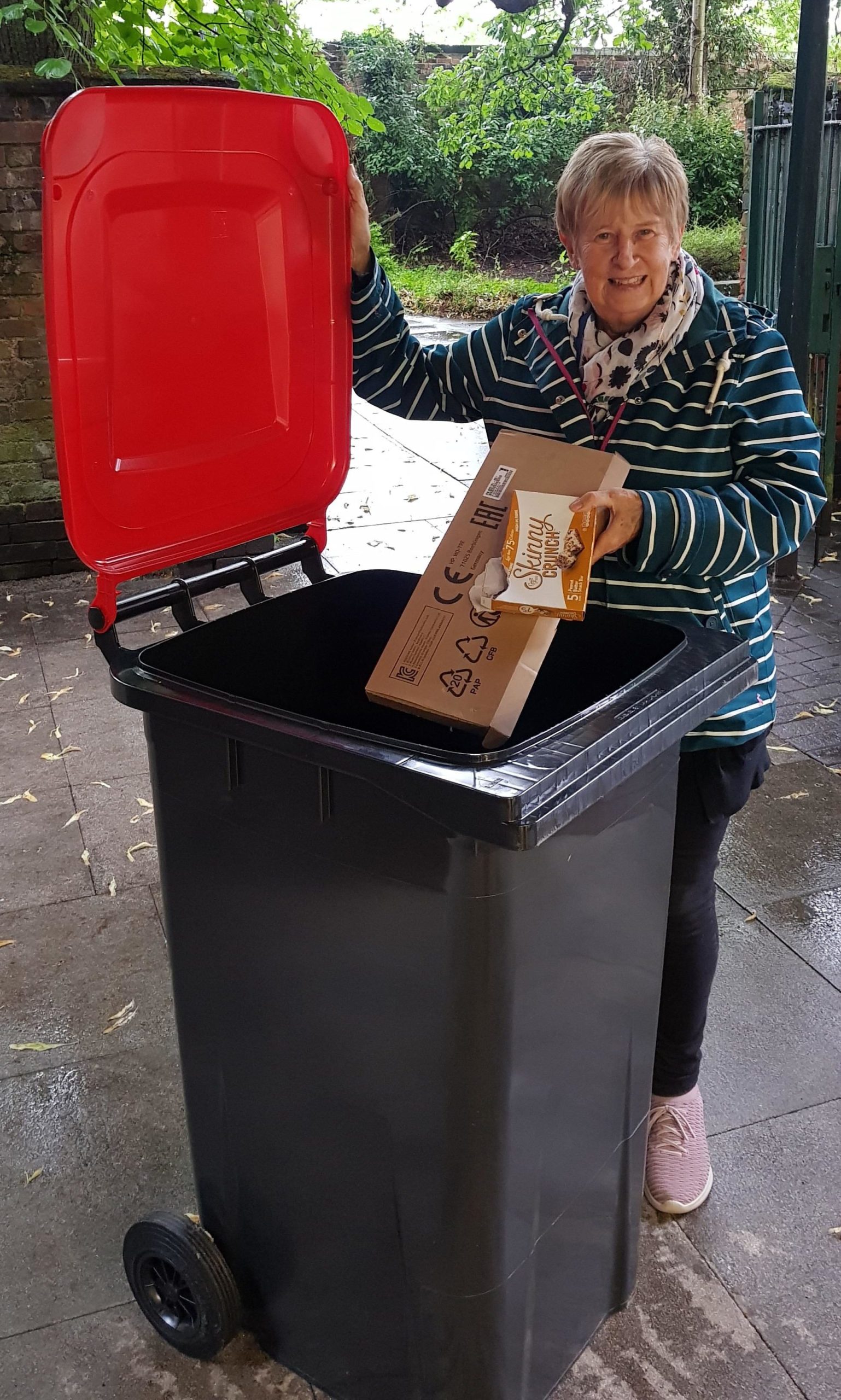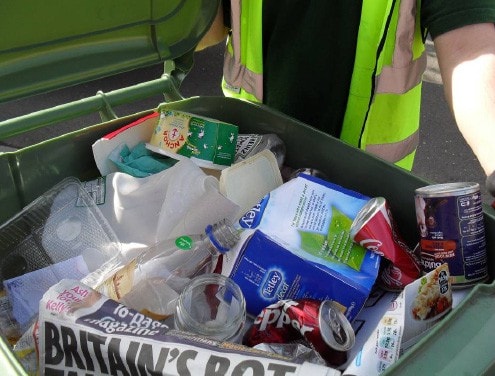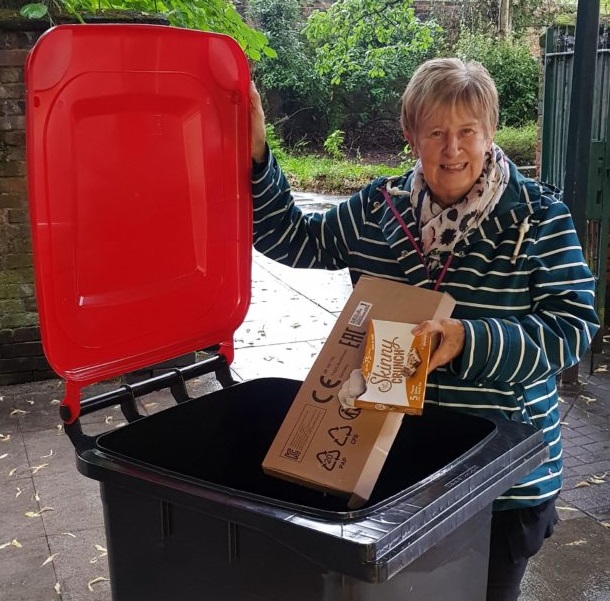
The borough council will no longer collect paper and card separately from other dry mixed recycling at the kerbside – it cited falling paper prices, the cost of replacing bin inserts for the paper and the reduced speed of twin-stream collections as reasons for the decision. (see letsrecycle.com story)
But with the global paper market changing and government policy likely to encourage separation, many within the recycling industry have cautioned against the change.
Global markets
Simon Weston – director of raw materials at the Confederation of Paper Industries (CPI) – said North Warwickshire’s decision would put them at risk of not being able to find a market for their recyclate in the future.
“It runs against the grain of everything that’s happening,” he explained. “Waste managers want separate collections and EU legislation also goes in the other direction of travel. It’s a short-term move.”
Though Mr Weston admitted that paper prices were currently very low due to turbulence in global markets, he said he believed that moving into commingling would make it even less likely for the council to make a value sale.
He also noted that future government policy, informed by Defra’s Resources and Waste strategy, was likely to encourage twin-stream collections.
He said: “Somewhere on the horizon we have got extended producer responsibility and they will be rewarded for collecting materials.”
Quality
Concerns about how North Warwickshire would meet the rising standards expected from waste paper exports were expressed by Simon Ellin, chief executive of the Recycling Association.
“They might be saving money in the short term but in the long term they are likely to be shooting themselves in the foot.”
He said: “The timing is just daft. Indonesia are really tightening up their spec on paper, if we are going to keep this market open we have got to be able to export top drawer material.”
If local authorities are going to be sustainable in the future, paper and card need to be collected separately, Mr Ellin claims.
“The quality is not going to be good enough. They might be saving money in the short term but in the long term they are likely to be shooting themselves in the foot.”
Like Mr Weston he also suggests that North Warwickshire’s approach seems out of step with national work on recycling collections.
Mr Ellin added: “It flies in the face of the Resources and Waste Strategy which is all about investing in local authority collections.”
Less efficient
Waste management group DS Smith has also expressed concern in regards to councils rejecting separated kerbside collections.
Jochen Behr, head of recycling at DS Smith, said: “As a recycler we are very much interested in segregated streams rather than having commingled streams.

“If you look at what happens all across Europe, people are moving to more segregated streams because paper and other recycled materials are not waste, they are raw materials.”
He echoed Mr Weston and Mr Ellin’s view that local authorities relying on income from commingled waste will find it increasingly difficult to sell on their materials.
“I don’t think that the future will be for commingled streams because you will struggle to find an outlet for it,” he explained.
In March DS Smith released a report on the state of recycling in the UK, which called for separated collections to be mandated by the government and backed by an increase in funding. It claimed that distinct collections of paper and card would “avoid contaminated recyclables and could drastically reduce the need for incineration and drive up recycling rates”.
Mr Behr also noted that the process of taking mixed recycling to sorting facilities causes problems.
He said: “If you put it all together you have to sort it at one point, it makes the process more inefficient and more costly.”
North Warwickshire borough council were contacted for comment but are yet to provide a response.












Subscribe for free